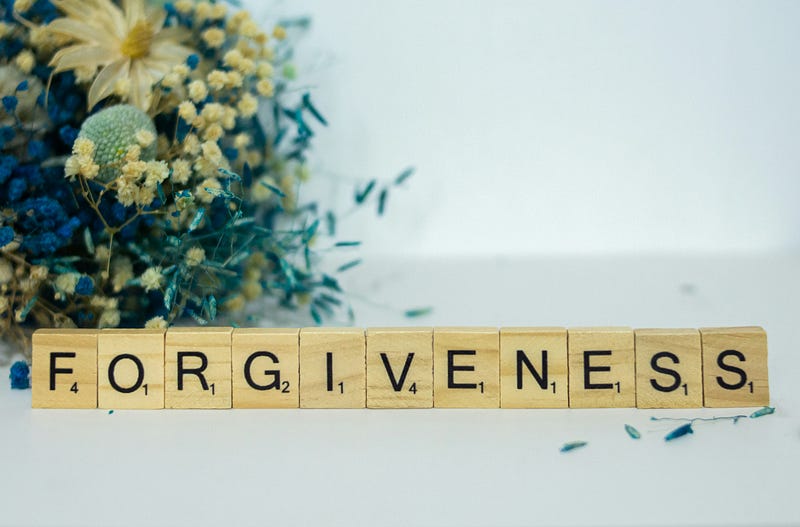# Navigating the Terrain of Ingratitude and Injustice
Written on
Chapter 1: Understanding the Emotional Impact
Ingratitude and injustice are profound emotional wounds that deeply affect our souls. The hurt we experience often correlates with the level of love we have for those who commit these acts that evoke such harsh feelings. When we pour our hearts and souls into relationships, the sting of disappointment can feel suffocating, sometimes leading to an overwhelming sense of guilt for circumstances beyond our control.
This may be a pivotal moment for us to practice forgiveness and cultivate understanding. It’s essential to recognize that we cannot dictate the outcomes of events, regardless of our sincerity or noble intentions.
Section 1.1: The Unexpected Nature of Injustice
Experiencing injustice is akin to a betrayal that strikes us when we least anticipate it—often from those we trust the most. The intensity of such pain can make it exceptionally challenging to maintain faith and hope. In these moments, it’s tough not to erect defensive barriers around ourselves. How can we reconcile the actions of those who seem oblivious to the repercussions their words and deeds have on others?
Perhaps this behavior stems from a lack of empathy, selfishness, or sheer ignorance. It’s unlikely that anyone aims to inflict harm intentionally; I prefer to believe that everyone possesses an inherent light, and what we label as "evil" is merely a reflection of their inner struggles.

Section 1.2: Responding to Pain with Compassion
I recognize that responding to such profound pain with kindness and love is a monumental task. While no one is obliged to endure mistreatment, refraining from retaliation doesn’t equate to responding in kind. Life should not be approached as a competition where someone wins or loses; rather, we are all here to learn and grow together.
If you find yourself on the receiving end of ingratitude or injustice, it often signifies that you have acted from a place of goodness. Only those who do good can face these challenges, which is why gratitude should be your response. Engaging in selfless acts without anticipating a reward brings us closer to divine wisdom.
Chapter 2: Embracing Forgiveness as Liberation
Forgiveness is a powerful tool for releasing our pain, beginning with forgiving ourselves. The phrase, “And forgive us our trespasses, as we forgive them that trespass against us,” is one of the most recited sentiments globally, yet we often overlook its significance while clinging to resentment and sorrow.

Be just and grateful towards those who challenge your spirit. While it may be painful, holding onto that hurt will only deepen your suffering. Recognizing that you are not the sole architect of your experiences can help you navigate your emotional landscape.
Your reality is shaped not just by what you receive but also by your reactions to those experiences. Love unconditionally and embrace others as part of a shared existence. We are all interconnected; our experiences are woven into the fabric of a greater whole.

All that is asked of you is to be kind, loving, and understanding. Above all, remain true to your inner light and essence.
© 2024 Lost in My Soul
Thank you for engaging with my insights! For more exclusive spiritual reflections, consider joining my email list. If you wish to support my work, purchase a copy of my book "Lost in My Soul" or subscribe to my YouTube channel. Sending light and love from my soul to yours! 🌟